How M. Night Tried To Defend His Last Airbender Against The Racism Allegations Netflix Is Fixing
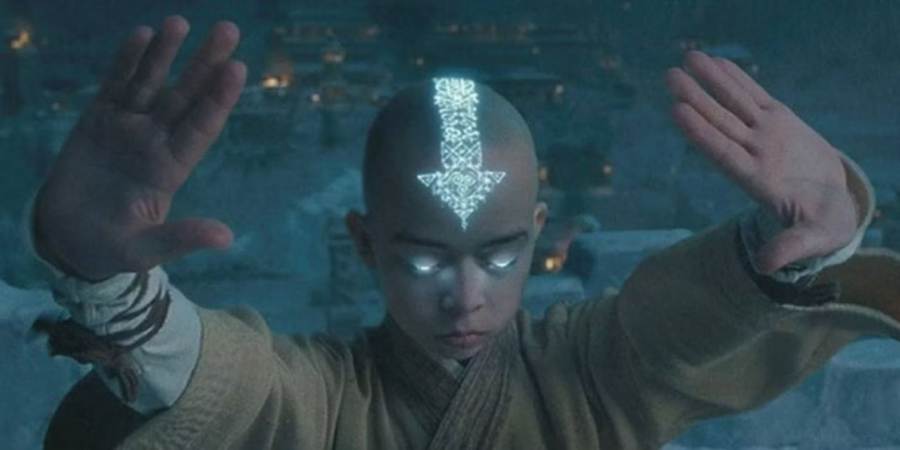
Netflix is now working on a live-action version of the acclaimed and beloved animated series Avatar: The Last Airbender, but this isn’t the first time the show has been brought into live-action form on the big screen. Over a decade ago, director M. Night Shyamalan attempted it, and it was a disaster.
It was hated for its casting choices, some deemed racist

When The Last Airbender, directed by M. Night Shyamalan, was announced as a live-action adaptation of the much-loved Nickelodeon series Avatar: The Last Airbender, it piqued the interest of many. However, it quickly garnered attention for something beyond its special effects or storyline: the controversy surrounding its casting choices.
The original animated series is notable for its ethnically diverse universe.
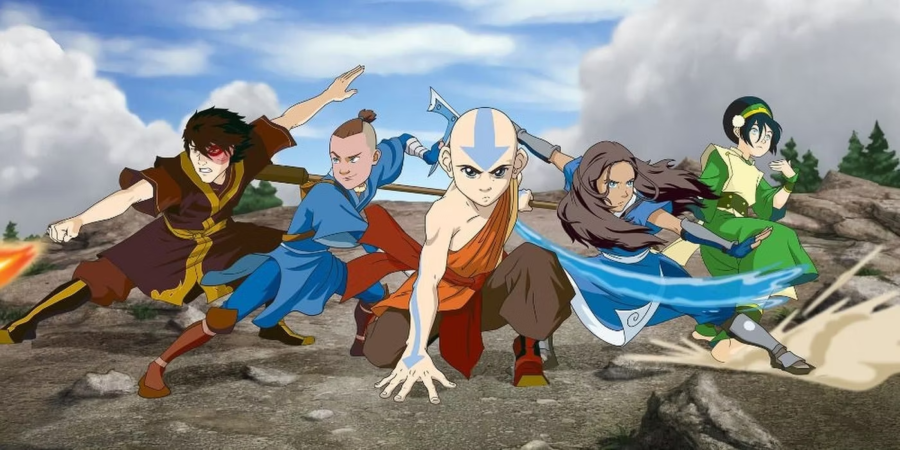
The original animated series is notable for its ethnically diverse universe. The world of Avatar: The Last Airbender features characters inspired by a variety of cultures, including East Asian, Inuit, and indigenous societies. When the casting of The Last Airbender was revealed to include predominantly white actors in key roles, it led to debates about representation in Hollywood.
Noah Ringer, Nicola Peltz, and Jackson Rathbone were cast as characters that aren’t supposed to be Caucasion

The primary critique lay in the casting of white actors such as Noah Ringer as Aang, Nicola Peltz as Katara, and Jackson Rathbone as Sokka, characters who in the source material are from cultures that are clearly not Caucasian. Critics and fans expressed concern that this was a form of “white-washing,” a term used to describe the practice of casting white actors in non-white roles.
Shyamalan and the film’s producers argued that the casting was diverse
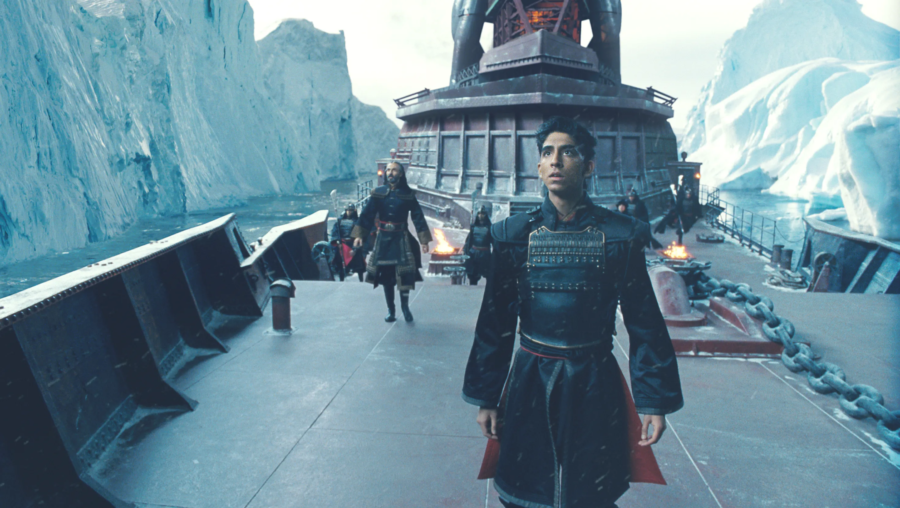
Shyamalan and the film’s producers argued that the casting was diverse, pointing out actors like Dev Patel as Prince Zuko. However, some felt that casting a person of color as the film’s antagonist while white actors played the protagonists was problematic in itself. The debate was fueled by statements from both sides, but especially from fans who felt the casting choices were not true to the original show’s vision of a culturally diverse world.
M. Night: “You’re coming at me, the one Asian filmmaker who has the right to cast anybody I want”
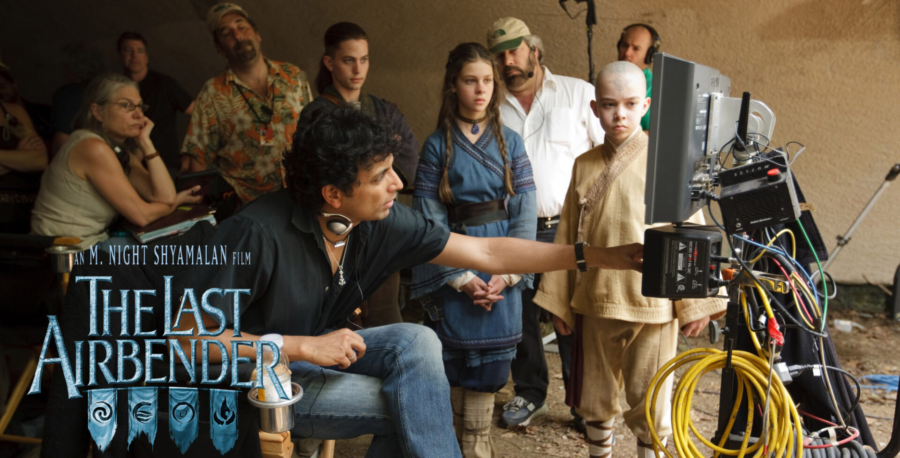
At the time M. Night Shyamalan responded this way: “Here’s the irony of the conversation: The Last Airbender is the most culturally diverse movie series of all time. I’m not talking about maybe one Jedi, maybe one person of a different color – no one’s even close. That’s a great pride to me. The irony of this statement enrages me to the point of … not even the accusation, but the misplacement of it. You’re coming at me, the one Asian filmmaker who has the right to cast anybody I want, and I’m casting this entire movie in this color-blind way where everyone is represented. I even had one section of the Earth kingdom as African American, which obviously isn’t in the show, but I wanted to represent them, too!”
M. Night: The world of Avatar: The Last Airbender was intentionally ambiguous and a blend of multiple cultures.
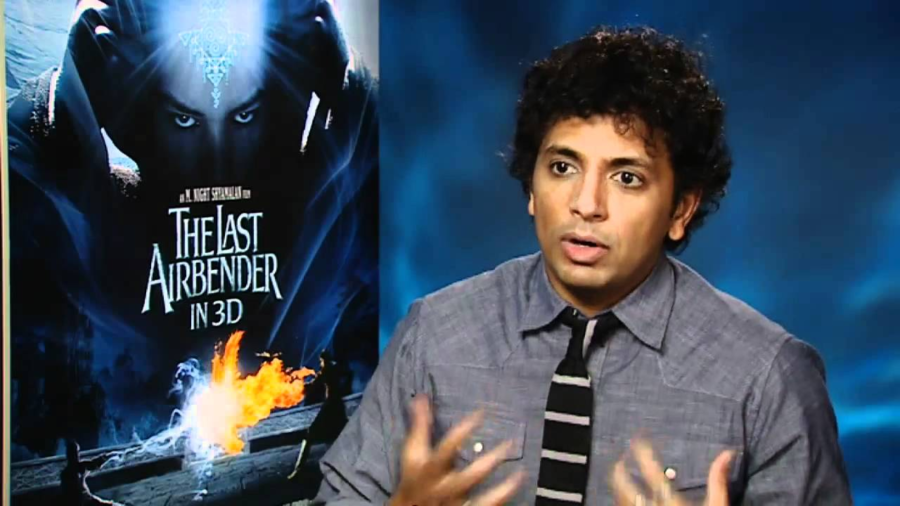
M. Night Shyamalan defended his casting choices in several interviews. He stated that the world of Avatar: The Last Airbender was intentionally ambiguous and a blend of multiple cultures. This argument was met with mixed reactions. While some understood the director’s point, others felt that it sidestepped the issue of representing specific cultures that had inspired the original series.
The Last Airbender was seen as a missed opportunity for meaningful representation.

The Last Airbender was seen as a missed opportunity for meaningful representation. Others argue that adaptations have creative license and the priority should be on performance rather than strictly adhering to the ethnic backgrounds of fictional characters.
The new Netflix version will be as diverse as M. Night Shyamalan’s Last Airbender was not.
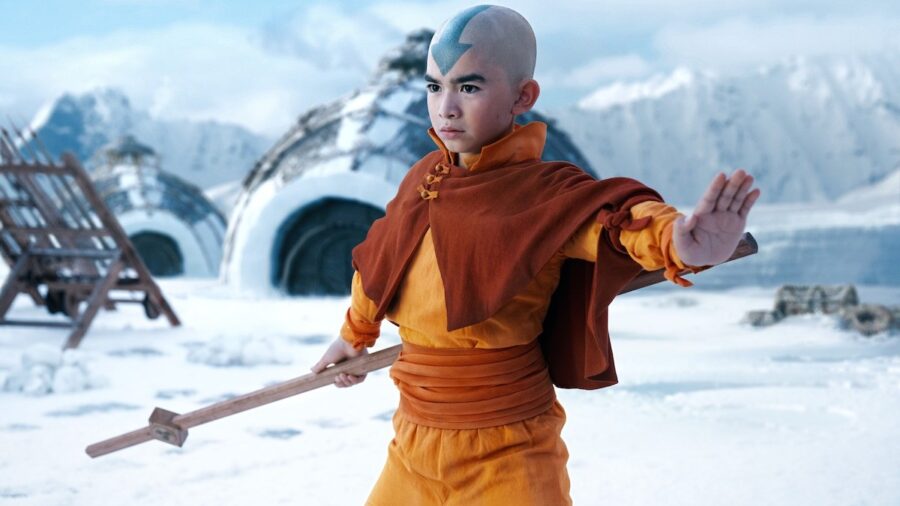
Gordon Cormier as Avatar in Netflix’s new Avatar: The Last Airbender












